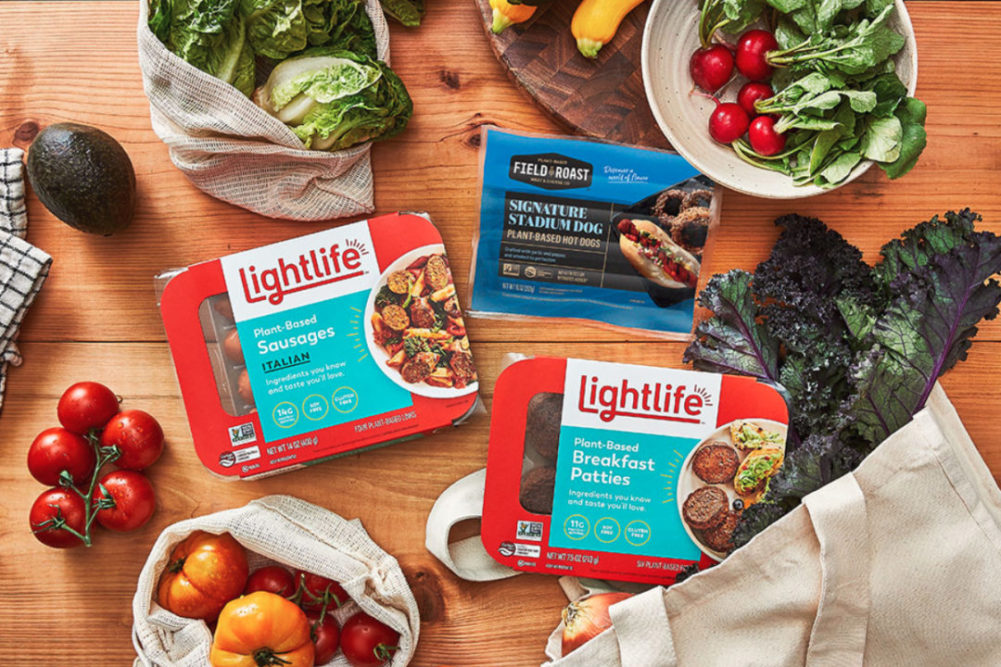TORONTO – Maple Leaf Foods, Inc., is going back to “square one” to better understand why consumer demand for plant-based protein alternatives has stalled. The review follows disappointing third-quarter results that saw Maple Leaf’s Plant Protein Group sales fall to C$48 million ($38.5 million) from C$51.4 million ($41.3 million) during the same period of the year before.
“To be clear, there is a fair amount of COVID noise in the market now, and we can't discount that,” said Michael H. McCain, president and chief executive officer, during a Nov. 4 conference call with analysts to discuss third-quarter results. “However, it isn’t only COVID noise, and we’re going right back to square one with the consumer to fully understand what has changed, if anything, and why.”
After achieving peak levels of growth midway through 2020, IRI and SPINS market data show the plant protein category has declined in the range of minus 2% to minus 3% in each of the last two quarters, said Curtis Eugene Frank, president and chief operating officer.
“The outcome of our work will either be to inform our direction or affirm our direction and our commitments or alter them based on a new set of facts and a new diagnostic,” Mr. McCain said. “In either case, we have the foundation to both win and create long-term value that we seek.”
Maple Leaf Foods operates its Plant Protein Group as Greenleaf Foods, SPC, Chicago. The business owns two primary brands — Field Roast and Lightlife. Plant-based applications manufactured include cheese, tempeh and such alternative meat products as hot dogs, sausages, roasts, loaves, deli slices and burgers.
Plant Protein Group gross margin was a negative 6.8% in the quarter due to lower sales and capacity utilization, according to the company.
“As we’ve mentioned in previous quarters, gross margin is heavily impacted by the investments we have made in capacity ahead of volume growth,” said Geert Verellen, chief financial officer. “And as a result, we would expect gross margin to recover materially with sales growth.”
Mr. Verellen added that Maple Leaf’s Plant Protein Group is not expected to meet its sales growth targets during the second half of 2021.
Mr. McCain said the review will not focus on a potential divestment of the business unit.
“We’re not losing money in the plant-based business,” he said. “We are investing in the plant-based business, but it was rooted in the thesis of a sustained long-term growth rate (of) 30% or greater. We said from the very first instance that if that changed, we would change with it. It’s clear in the last three to six months that that has changed. The question is, is it changed for good? Or is this a transitional change? And we don't know the answer to that. We need to find it out.”
While part of Maple Leaf’s growth strategy, the Plant Protein Group is a small part of the overall business. Meat protein makes up the bulk of the company’s sales. During the third quarter ended Sept. 30, Maple Leaf Foods earned C$44.1 million ($35.4 million), equal to C36¢ (28¢) per share on the common stock, down from the same period of the previous year when the company earned C$66.1 million, or C54¢ per share.
Sales during the quarter rose to C$1.2 billion ($964 million) from C$1.1 billion the year before.




